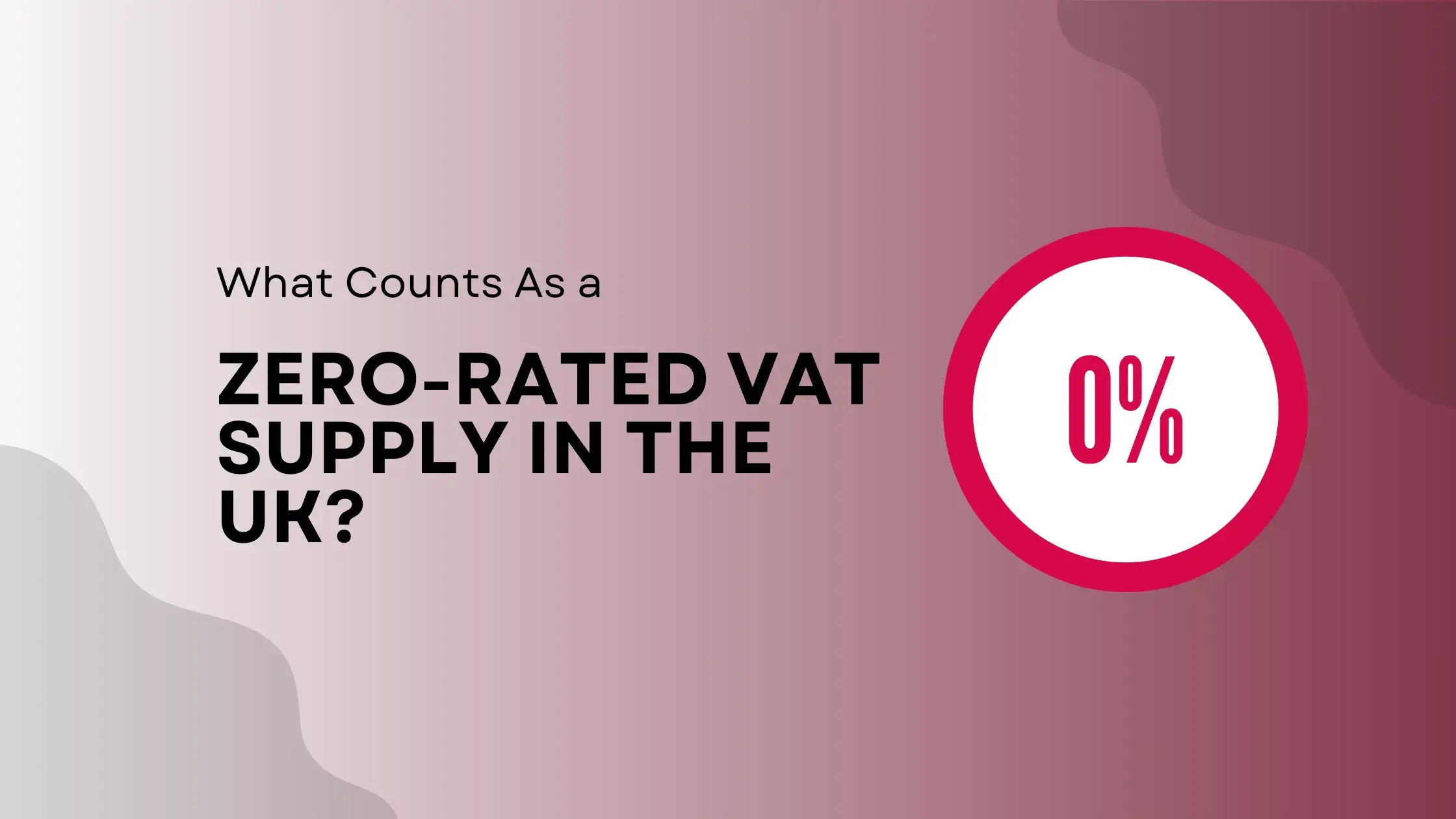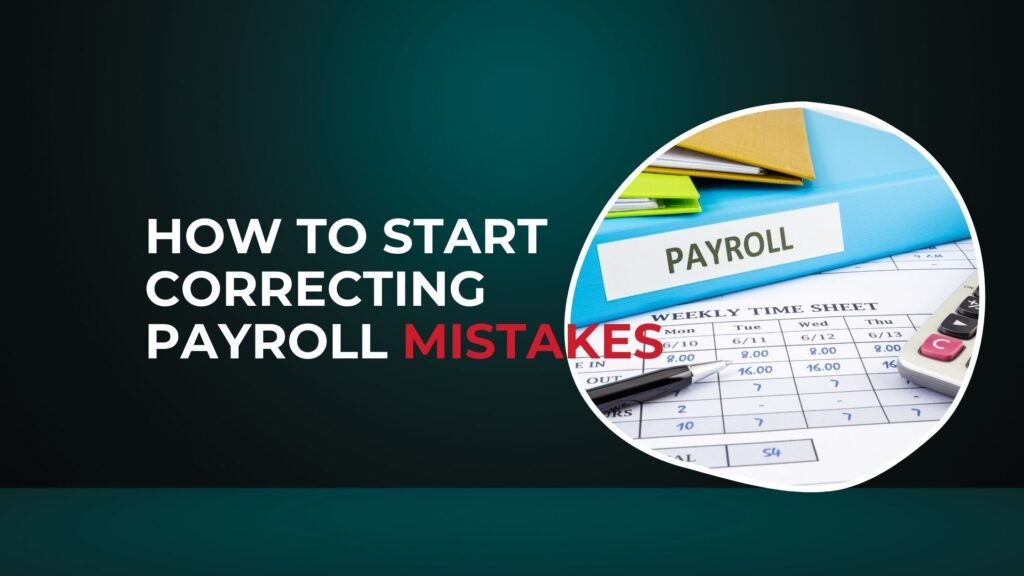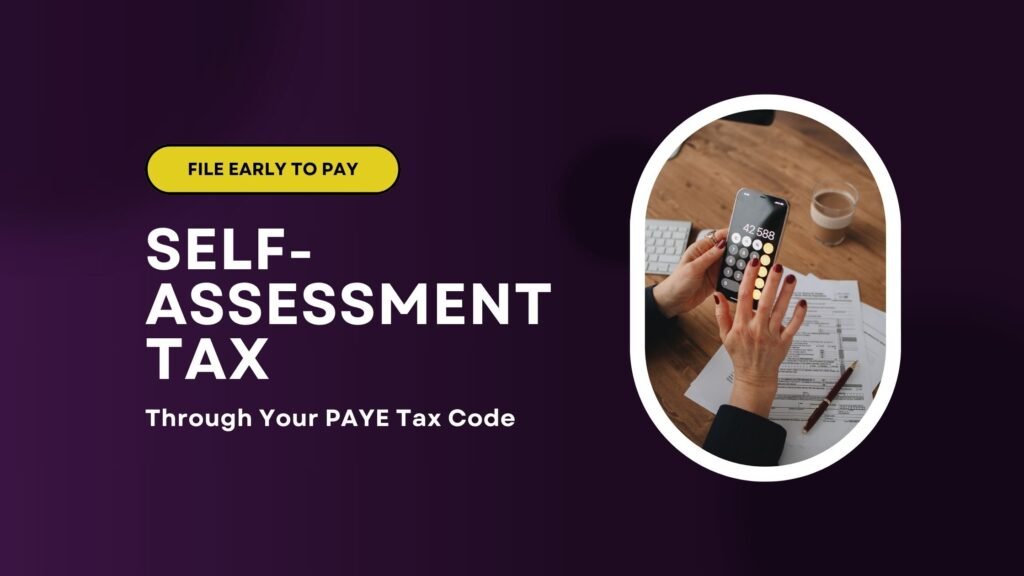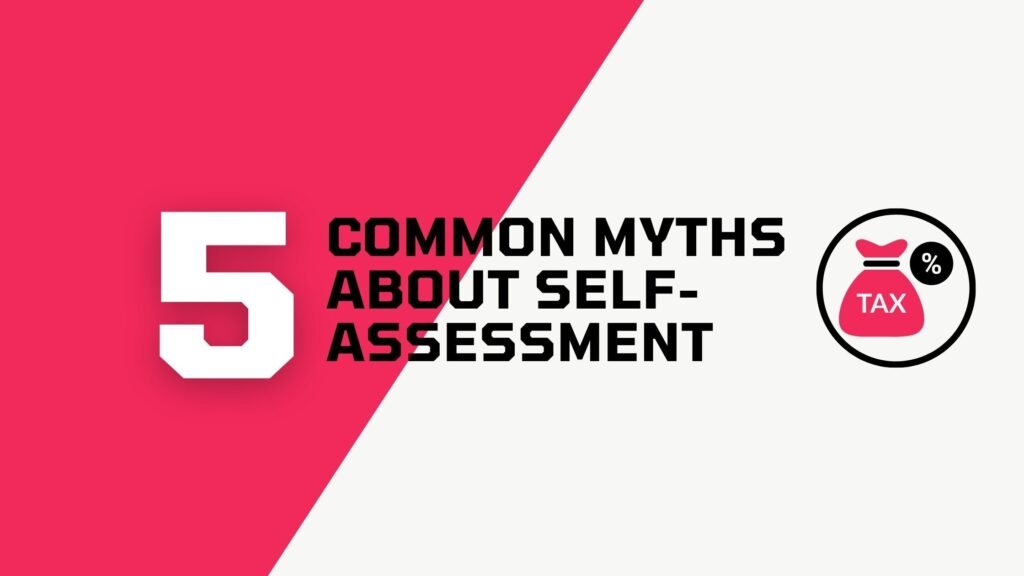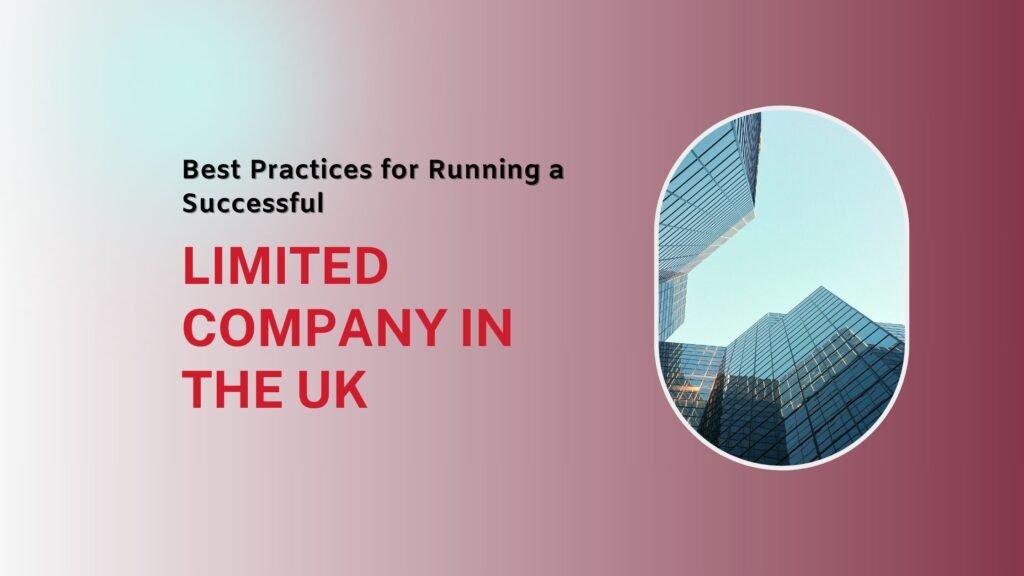If you’ve ever run a business in the UK, you know that VAT can feel complicated. How different VAT rules affect everyday sales, and one category that often confuses people is zero-rated VAT. In simple terms, zero-rated supplies are goods and services that are taxable but charged at 0% VAT. That means your customers don’t pay any VAT, but your business can still reclaim VAT on purchases related to those sales.
Knowing which items are zero-rated helps keep your business compliant and ensures you don’t pay more tax than necessary.
Common Zero-Rated VAT Supplies in the UK
Understanding which goods and services qualify for zero-rated VAT supply uk is essential for businesses aiming to comply with UK tax regulations and optimise their VAT position. Below are the key categories of zero-rated supplies:
Food and Drink
Most basic food items are zero-rated, including:
- Bread, rice, pasta, and flour
- Fruits and vegetables
- Meat and fish
- Milk, eggs, and cheese
- Tea and coffee
However, certain items are subject to the standard VAT rate of 20%, such as:
- Confectionery
- Alcoholic beverages
- Hot takeaway food
Children’s Clothes and Footwear
Clothing and footwear designed for children under 14 years old are zero-rated. This includes:
- School uniforms
- Baby clothes
- Children’s shoes and boots
Books and Printed Publications
Printed books, newspapers, and magazines are zero-rated. This also extends to:
- Journals and periodicals
- Leaflets and brochures
Additionally, as of May 2020, digital versions of these publications, including e-books and digital newspapers, are also zero-rated.
Public Transport
Passenger transport services, such as bus, train, and domestic air travel, are zero-rated. Also applies to ferry travel within the UK and some international journeys.
Exports
Goods exported outside the UK are zero-rated. It means that UK businesses can sell goods overseas without adding VAT, but they need to keep accurate records as proof of export to avoid complications with HMRC.
→ No hidden fees. No gimmicks
How Zero-Rated VAT Differs from Other VAT Types
VAT isn’t one size fits all. VAT in the UK is categorised into four main types: standard, reduced, zero-rated, and exempt. Here’s the difference –
- Standard-rated supplies charge 20% VAT, and you can reclaim VAT on purchases. Think electronics, restaurant meals, or household items.
- Reduced-rated supplies are taxed at 5%. Examples include home energy, children’s car seats, and some building work. Input VAT is reclaimable.
- Zero-rated supplies charge 0% VAT. Businesses still reclaim VAT on related purchases, unlike exempt items.
- Exempt supplies don’t charge VAT at all, and businesses cannot reclaim VAT on related purchases. Examples include some financial services and insurance.
Zero-rated supplies let you reclaim VAT, whereas exempt supplies don’t. Understanding this distinction can save your business money and keep your accounting clean.
Top Benefits of Zero-Rated Supplies for Your Business
zero-rated VAT has a few clear advantages:
- Claiming Input VAT: Even though your sale is at 0%, you can recover VAT on purchases tied to those items, which reduces costs.
- Affordable Products: Customers don’t pay VAT on these items, which can boost sales and make your products or services more competitive.
Hidden Challenges You Should Know About
Of course, zero-rated VAT isn’t without its pitfalls:
- Correct Classification: If you misclassify an item, HMRC can levy fines. Always double-check what qualifies.
- Record-Keeping: You need thorough documentation for every zero-rated supply you claim.
- HMRC Reviews: Zero-rated supplies may be closely reviewed, so maintaining precise and thorough records is essential.
Staying on top of these challenges is crucial for avoiding unnecessary stress or penalties.
Final Thought
Zero-rated VAT may seem tricky at first, but understanding it can save you money and keep your business compliant. The main point to remember is that zero-rated supplies are taxable at 0%, and you can reclaim VAT, while exempt supplies are outside VAT entirely. By keeping accurate records and understanding which items qualify, you’ll be in a much stronger position with HMRC and your customers.
